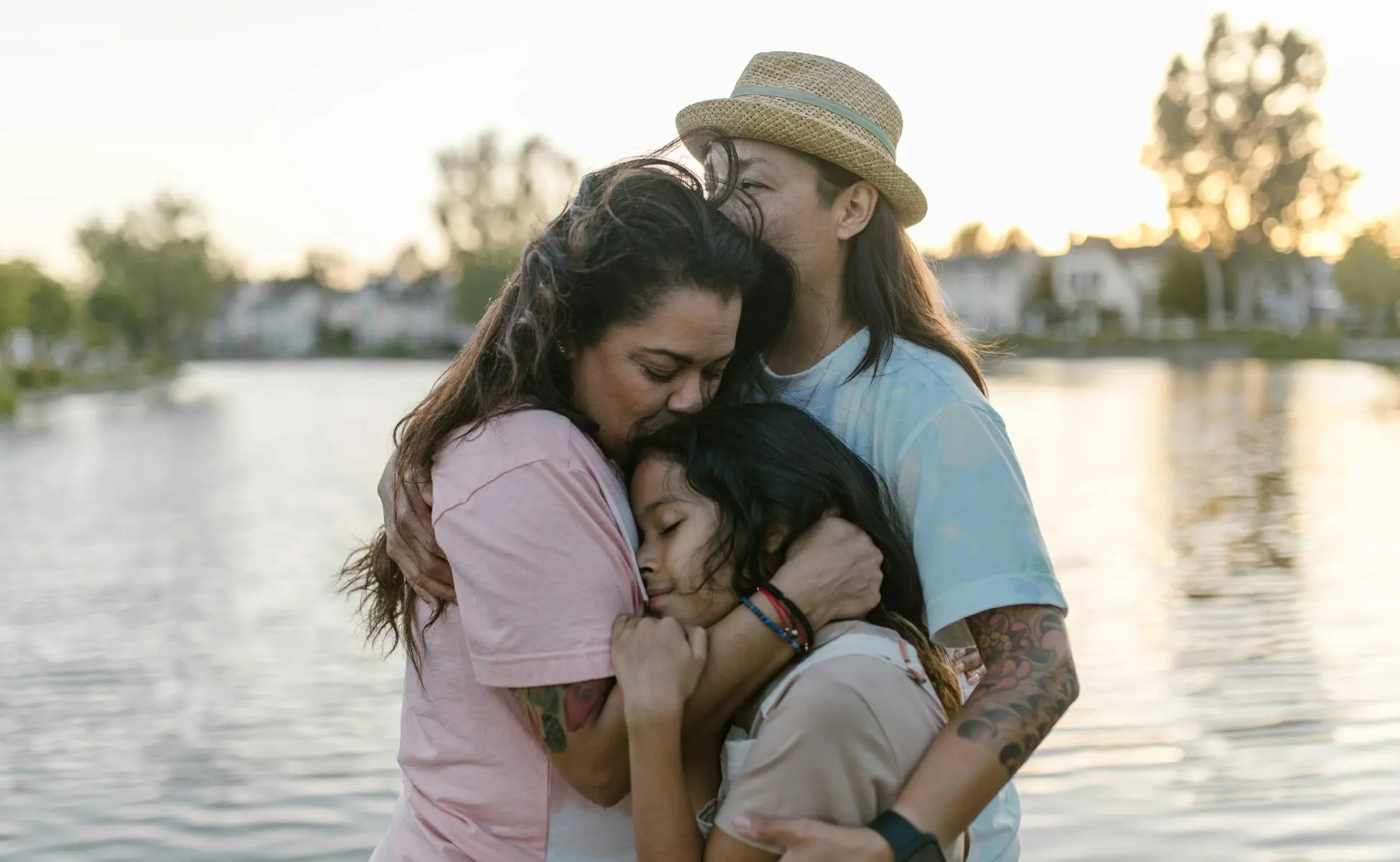Helping a child or young person with their grief and mental health

Losing someone you love can be really tough, especially for children and young people. When someone they know dies, they might feel confused and overwhelmed by their emotions, and not know how to handle everything that’s going on. This can have a profound impact on their mental health. It’s vital that they receive the support and care that they need.
Here are some ways you can support a child or young person with their grief and mental health when someone they know has died:
Listen and be there for them
It’s important to create a safe and supportive environment where children and young people can talk about their feelings without feeling judged or interrupted. Let them know that whatever they’re feeling is normal, whether it’s sadness, anger, confusion, or anything else. Just being there for them can be a big help.
Be honest and explain things clearly
Children and young people need to know what has happened and what to expect. Be honest and clear when talking about their loss. When talking about death and what’s happened, try to use language they can understand. Avoid using confusing or vague terms that may upset them further. Be prepared to answer their questions honestly, even if they’re tough ones.
Encourage them to express their grief and mental health
Everyone copes with grief differently. So encourage a child or young person to find healthy ways to express their emotions that feels comfortable to them. They might want to talk to you or another trusted adult, write in a journal, make art, or spend time in nature. Whatever works for them is okay.
Provide routine and structure
Grief can make everything feel out of control and for children and young people it can feel as if though their world has been turned upside down. Providing a stable routine and structure can help them feel more secure and grounded.
Try to keep mealtimes, bedtimes, and other daily activities consistent. This can help them feel like there’s some normalcy in their life during this difficult time.
Seek professional help if needed
If a child or young person is struggling with their grief and mental health, it may be necessary to seek professional help for them. This could include talking to a support worker or encouraging them to join a support group. Don’t hesitate to reach out for help if you feel that a child or young person is not coping well with their grief.
In the end, supporting a child or young person through grief and mental health challenges can be a difficult and emotional journey. But with patience, empathy, and support, you can help them navigate this challenging time, giving them hope for the future. Remember to prioritise their mental health and well-being, and don’t hesitate to seek help if you need it. If you are really concerned about the child or young person’s mental health or worried about their safety, we would advise seeking advice from a GP in the first instance.
Getting professional grief and mental health support
If you are supporting a grieving child or young person who is struggling with their mental health, and need advice, our team of bereavement specialists are available to speak with right away. No appointments or waiting lists, just real-life grief support. Call us on 08088 020 021 (open 8am-8pm, weekdays), email ask@winstonswish.org, use our online chat (open 8am-8pm, weekdays) or text or WhatsApp us on 07418 341 800 (open 8am-8pm, weekdays). You must be 13 or older to receive support via WhatsApp.
For urgent support in a crisis, please call 999.

Other resources you might find helpful

Activities
From self-care kits to maintaining memories, download our activities to help a bereaved child or young person cope with their grief.

Information and advice
Advice and resources to support children and young people, including on bereavement by suicide, homicide and serious illness.
Connect with us
Sign up to our newsletter and follow us on social media for all our latest news and advice on supporting grieving children and young people.

